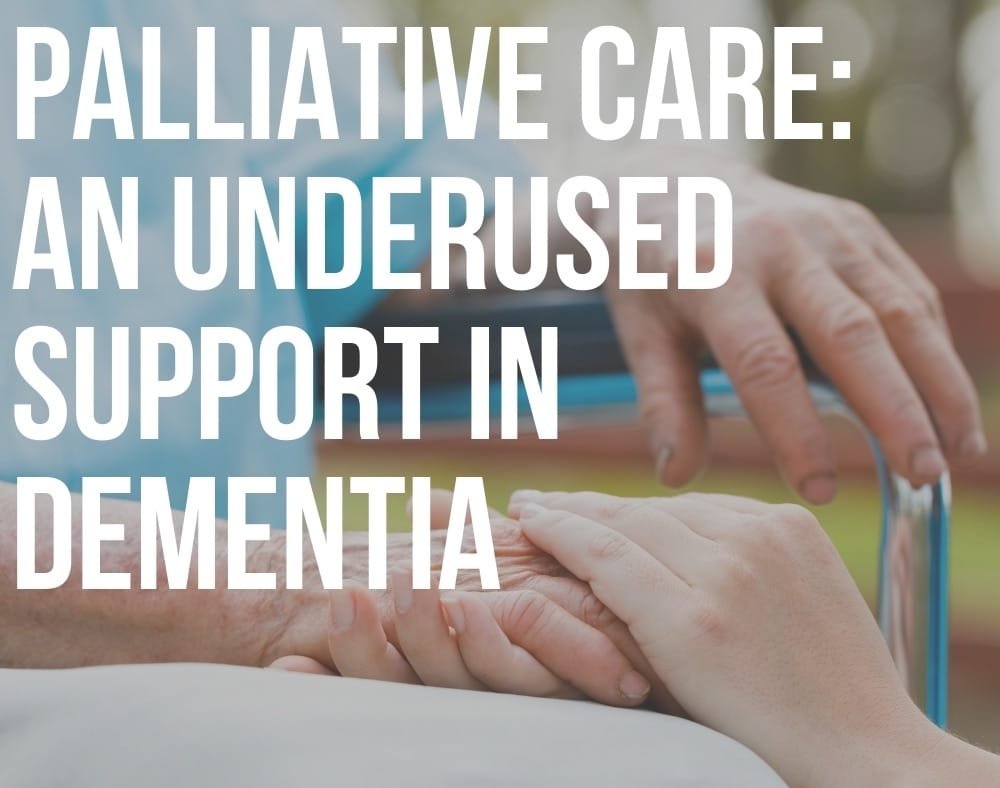When it comes to dementia and communication, caregivers and loved ones must acknowledge the fact that persons who have dementia may experience various challenges as they try to communicate.
While ill persons experience the progression of the disease differently, there are some common challenges that most people with dementia face, such as:
- Repeating stories
- Disorganized speech
- Inventing new words
- Leaning more to the use of native language, etc.
As time goes by, it may become more complicated to communicate with a person who has the disease.
This does not mean that you should write them off and never speak or listen to them again.
There are several strategies you can employ to communicate effectively with a person who has dementia.
Contents
1. Effective Strategies for Dementia and Communication
1. Get the Person’s Attention

It is crucial to start by getting the attention of the person you intend to speak to.
You can do this by approaching the person with the illness from the front to help them see you. It is also advisable to reduce any background noise that may be coming from the radio, TV, crying babies, etc.
Always identify yourself and address them by their names. It may help to repeat the name of the affected person a couple of times during the conversation.
Remember to keep expressions friendly. Keep in mind that the person with dementia wants undivided attention. Always show that you are willing to listen and comprehend what they are saying.
Practice patience when dealing with dementia and communications because the persons need some time to concentrate, understand, and come up with a response.
You may also want to meet the other needs of the suffering person first before you sit down and start having a conversation. This way, the person will not be hungry, thirsty, in pain, or uncomfortable when it is time to start talking.
2. Go Beyond Words

This is extremely important, especially during the later stages of the disease, when a person with the illness cannot express themselves properly.
Using hand gestures, eye contact, body language, touch, and facial expressions may come in handy when trying to communicate with a person who has dementia.
Examples of such are nodding your head for yes and shaking your head if you want to say no. You can do this even when voicing out the words as a reinforcement measure.
If it is possible to say something without letting it out, opt for this route.
Experts agree that a hug or warm smile may convey the message strongly so that you do not have to use actual words.
Remember that it is okay not to know what to say. Honest friendships and presence are the most valuable. Remember to stay close to the person you are talking to but not too close in a way that you are interfering with their personal space.
Your facial expressions and body language should always match what you are saying. This is because people with dementia are good at reading body language.
Tense facial expressions or sudden movements can make communication difficult as this may cause distress to the ailing individual.
3. Learn How to Speak

When facing dementia and communication issues, it is crucial to check how you speak. Always approach an affected person with a calm and clear tone.
You may want to peak at a slightly slower pace. This will give the person you are conversing with time to process the information you are trying to pass across.
Do not raise your voice or speak sharply. You should also avoid asking too many questions at once because this may lead to confusion and frustration.
Respect the person you are having a conversation with so that you are not talking down at them. You should also talk to them like grownups and do not address them like young kids.
4. Use Simple Language

When you are talking to a person who has dementia, it is not the time to showcase your prowess of complicated words.
It is advisable always to use simple, short and familiar words during conversations.
For instance, instead of saying hypertension, you can use the phrase high blood pressure.
Positive language is also crucial during the trying times of handling dementia and communication issues. Try and use short sentences that do not exceed five words so that you can convey one thought or message at a time.
If you are trying to give off directions, opt for one-step instructions. For example, let’s go for a walk, kindly lean this way, and lift your arm.
Always identify things and individuals by name avoiding the use of pronouns.
Rather than telling a person what not to do, it is better to suggest what they should do. This way, they will not feel as though you are trying to attack them because of their current situation.
5. Adapt To Changes

As time goes by, you may find that it becomes harder to deal with the problems that arise due to dementia and communication.
The person you are trying to talk to may start to misunderstand you constantly.
At this point, it is advisable to rephrase as an alternative to repeating what you have just said.
Adapt to the suffering person doing your best to understand their unique gestures and words. Redirect, or distract the person when they are facing stressful situations so that they can fast forget what is stressing them.
Always encourage the person with dementia to express their thoughts even when they find it increasingly difficult.
Do not, in any way, criticize, interrupt, argue or correct the person you are having a conversation with.
Adapting also means that you should make the most of the “good” days and try to cope during the “bad” ones.







